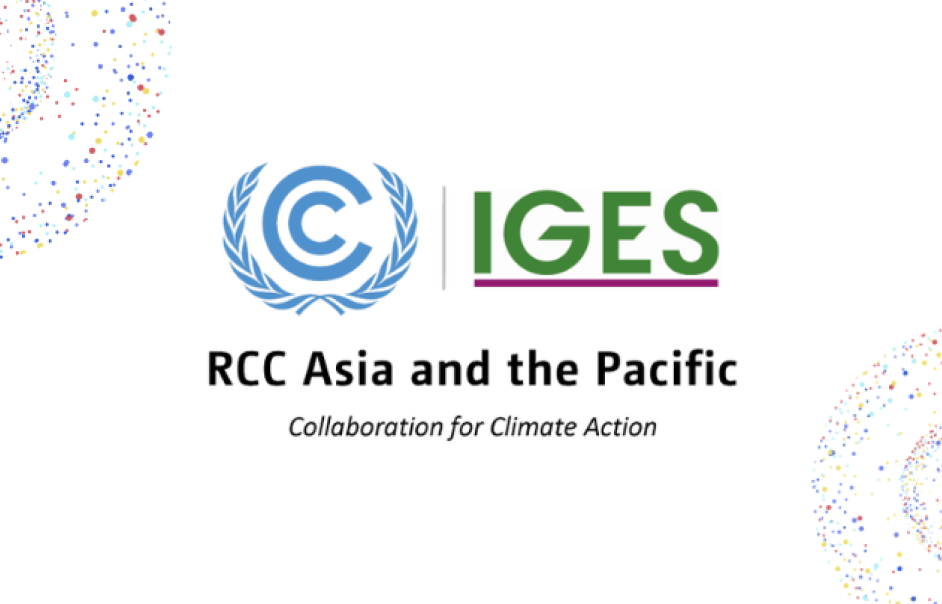Pacific Regional Workshop on Holistic Approaches to NDC Implementation
Background
The 14 Pacific Small Island Developing States (PSIDS) and Pacific territories continue to lead on climate ambition under the Paris Agreement, while facing persistent gaps between NDC ambition and implementation due to limited institutional capacity, coordination challenges, and constraints in accessing climate finance and technologies.
A Training Needs Assessment conducted by the Regional Pacific NDC Hub in early 2025 (covering 9 of the 14 PSIDS and territories) identified urgent needs in cross-sectoral coordination, gender mainstreaming, and access to climate finance and technology, alongside capacity gaps in adaptation and loss and damage.
In response, the NDC Hub, together with the NDC Partnership, the UNFCCC Regional Collaboration Centre for Asia and the Pacific (RCC Asia-Pacific) and UNDP, convened the Pacific Regional Workshop on Holistic Approaches to NDC Implementation from 20–22 August 2025, preceded by the NDC Hub Focal Point Meeting on 18–19 August 2025.
Objectives
The week-long event, co-organized by the Regional Pacific NDC Hub, the NDC Partnership, the UN Climate Change RCC Asia and the Pacific, UNDP, UNEP, and UN Women, empowered NDC Hub Focal Points and partners across the Pacific to advance nationally determined priorities, strengthen regional coordination, and drive actionable outcomes for enhanced NDC implementation. It also:
Convened focal points to align strategies, share lessons, and articulate a unified Pacific approach to NDC enhancement, access to finance, and regional accountability mechanisms.
Deepened understanding of NDCs 3.0, providing clear guidance for 2025 submissions, Pacific-specific priorities, collaborative problem-solving, and identification of support needs.
Shared knowledge on unlocking climate finance for NDC implementation.
Highlighted Pacific-led practices for mainstreaming gender equality, disability and social inclusion (GEDSI) and traditional governance models in NDC planning.
Took stock of progress and gaps in knowledge, capacity-building, monitoring and evaluation (M&E), technology and policy development, and finance mobilization.
Strengthened long-term support from the UNFCCC secretariat through RCC Asia-Pacific and fostered partnerships with development partners to accelerate a just, inclusive transition.
Co-created practical support frameworks between Pacific countries and partners.

